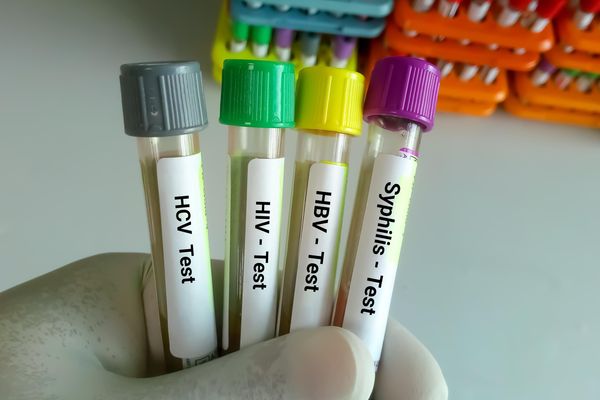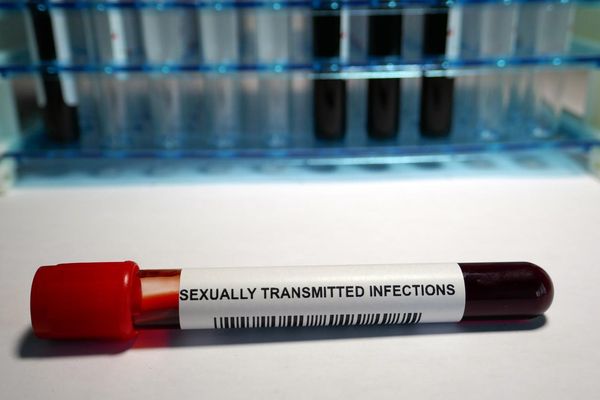Just mention the word herpes and people stop in their tracks. It's one of those infections that carries with it a lot of sexual baggage.
The good news is that there are safe and effective treatments that can:
- Limit the number of outbreaks you have
- Prevent transmission of the virus to a partner
- Help treat outbreaks so they resolve quickly
Prevention
When symptoms are noticeable, the virus is present in the sores and lesions in large quantities. To minimize the risk of transmission, avoid any direct contact with the lesion.
Because many people who have oral or genital herpes do not know that they have it, the virus can spread even when there are no lesions, cold sores, blisters or other symptoms present. Learn more about oral and genital herpes.
Condoms Are a Girl's Best Friend
To minimize the risk of acquiring any sexually transmitted infection (STI), use condoms with all new partners and for partners who have a history of herpes. There is still a risk of acquiring herpes, because the condom may not cover the infected area.
It's not only OK to ask your partners if they have ever had cold sores or lesions around their mouths and/or genitals, but it's also a good an idea to have STI testing before you have sex.
Medication
To prevent outbreaks of oral and genital herpes, many people take antiviral medication every day. This also helps prevent shedding and transmission to others. The options are:
- Valacyclovir
- Acyclovir
- Famciclovir
To suppress the virus and help prevent transmission, these medications must be taken for at least five days. I always advise brides-to-be and anyone with a history of herpes and a big event coming up to take their anti-viral medication for at least a week before the event to prevent an outbreak.
Safety
These medications have been around for over 20 years and are very safe. There are minimal drug interactions, and many people have taken them daily for years to prevent outbreaks.
This blog originally appeared on Nurse Barb. Barb Dehn is a women's health nurse practitioner, award-winning author and nationally recognized health expert. She practices with Women Physicians in the Silicon Valley of California.







